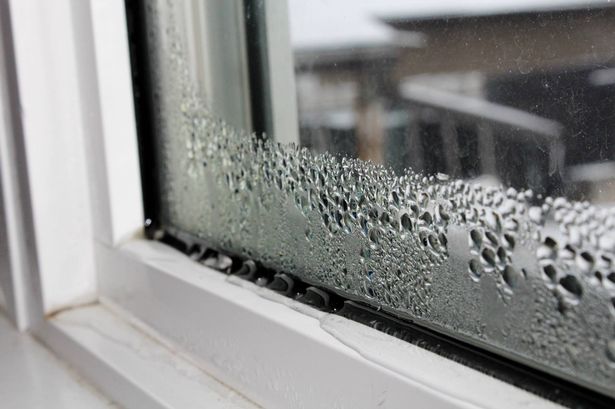
Condensation can materialise on windows at any time of the year, but it’s usually far more common during the chillier months – here’s why it happens and how to prevent it
Ariane Sohrabi-Shiraz Acting Deputy Editor Social News
04:00, 01 Nov 2025
(Image: Getty Images/iStockphoto)
Are you fed up with waking up to condensation on your bedroom windows every morning?
You’re not alone, and there’s a reason it’s happening more frequently than before. Condensation can appear on windows at any time of the year, but it’s usually far more common during the colder months, reports the Mirror.
And while you might dismiss those water droplets as harmless, they can escalate into a significant problem if they consistently affect the same areas.
If left unchecked for extended periods, black mould can begin to form, which aside from being unsightly, can also be detrimental to your health – leading to health complications like asthma, eczema and bronchitis. Therefore, the best course of action is to identify the root cause of the issue – and then rectify it.
Why does condensation form on my windows every morning?
Condensation, which are water beads that form when hot, humid air meets a cool surface, manifests on our windows. This occurs more often during the colder months due to warm air from inside the home colliding with the cold glass window.
The moisture inside is simply the result of everyday activities such as cooking, showering and even breathing – which is why it frequently appears on bedroom windows in the morning. A stuffy house with little ventilation is another contributing factor, and if your house generally suffers from damp and high humidity, you’re more likely to experience this.
How to get rid of condensation on windows
When tackling condensation, it’s crucial to address underlying problems in your property first – such as inadequate ventilation and insulation, as well as excessive humidity. One straightforward method to prevent it occurring is simply opening a window.
George Holland, bathroom specialist from Victorian Plumbing, explained: “Opening windows in your bathroom is an easy way to prevent your bathroom fogging up as the steam will simply flow right out of the window. But in the colder months, this fresh breeze is probably not what you want when you’re after a nice warm shower.”
Another excellent solution is using vinegar as a condensation deterrent. Simply create a mixture of equal parts vinegar and water, apply it to windows or mirrors with a cloth, then wipe away until no streaks or marks remain.
George added: “This should work just under a week and is one of the cheapest options. However it may leave a smell for about an hour after application so you may want to squeeze some lemons or limes into the mix to get a nice aroma.”
A further option, which has gained popularity on TikTok, involves using washing-up liquid to form a protective layer on your windows, preventing condensation from developing. Anita Birges, a Sydney mother known as a Queen of Hacks, suggests putting a “small amount” of dishwashing liquid on a microfibre cloth and then “rub vigorously all over the window, including the frame”.
She explained: “The dishwashing liquid creates a barrier which stops condensation coming back.”
Here are some additional tips to prevent condensation from forming on your windows each morning:.
Cover your pans while cooking to prevent your kitchen windows from fogging up.Take quicker or cooler showers.Always use an extractor fan (if you have one) when showering or cooking.Try not to dry wet clothes indoors, especially on radiators, if possible.Open windows as frequently as you can.If you have two windows on opposite sides of your house, open them simultaneously to allow for cross-ventilation.
Source





